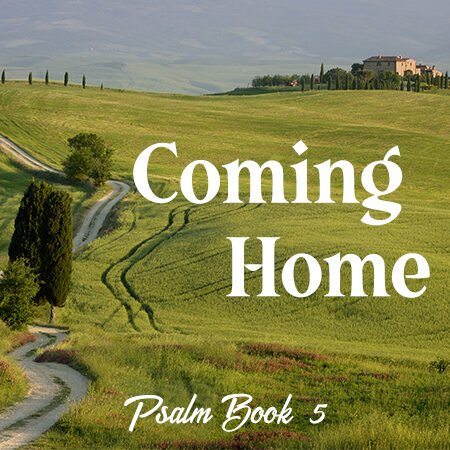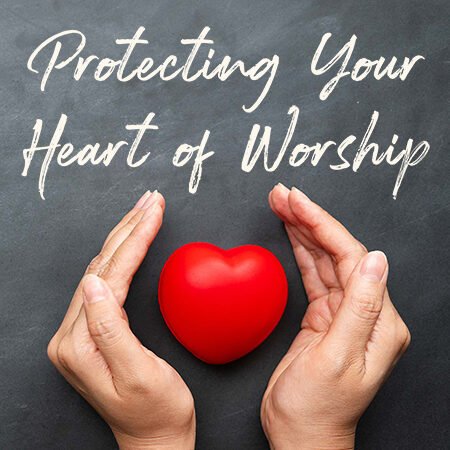What must it feel like to finally reach home after a long journey? Psalm 146 is the first of the last five psalms that praise and glorify God for His never-ending, limitless love and care for those who are in His kingdom.
Through the Psalms
On the surface, God knowing everything about you could seem intimidating and unsettling. But in Psalm 139, as David ponders the meaning of this truth, we find that he discovered that being fully known by God actually is gives us a great sense of security.
In Psalm 121, we meet a traveler who tells the story of God’s help as he reaches Jerusalem, his home. His story reminds us of the help that is ours on our journey home too, that sustains us now, and will sustain us until we reach our eternal home.
Psalm 116- “Rescued” A Story
- Books of the Bible, Books of the Bible, Books of the Bible, Books of the Bible, Books of the Bible, Books of the Bible, Books of the Bible, Books of the Bible, Books of the Bible
- Old Testament, Old Testament, Old Testament, Old Testament, Old Testament, Old Testament, Old Testament, Old Testament, Old Testament
In Psalm 116, we’re going to see someone in Israel telling the story of how God helped him thousands of years ago. At the same time, we’ll also see how his story shows us a wonderful picture of how the Messiah helps us.
In Psalm 110, David begins a majestic unveiling of the coming Messiah. He describes three aspects of the Messiah to reveal who He will be, and what He will do when He comes.
The fifth book of Psalms tells a beautiful story of how God protects his people while they are in exile, and then gently leads them home, where they will be with Him forever, enjoying the blessings of His care for them as those who are part of His Kingdom.
The last four psalms of book four work together to display a beautiful picture of giving thanks that helps us to see the final step in restoring our confidence in God.
In Psalm 101, David shows how our worship doesn’t just come from our words of praise, but also from a life that flows out of a pure heart. There are things around us that could corrupt our heart though. What are they, and how do we shield our heart from them?
Today we’re going to look at the second step of restoring your confidence in God during difficult times. Once we take the first step of remembering God’s goodness and faithfulness, the next step is to have the right response toward what we remember. What is that response? Praise!
In Psalm 90, Moses uses the differences between how God interacts with time and how we interact with time to help us see the importance of trusting God, even when his provision and care for us isn’t necessarily on the same timeline as us.













